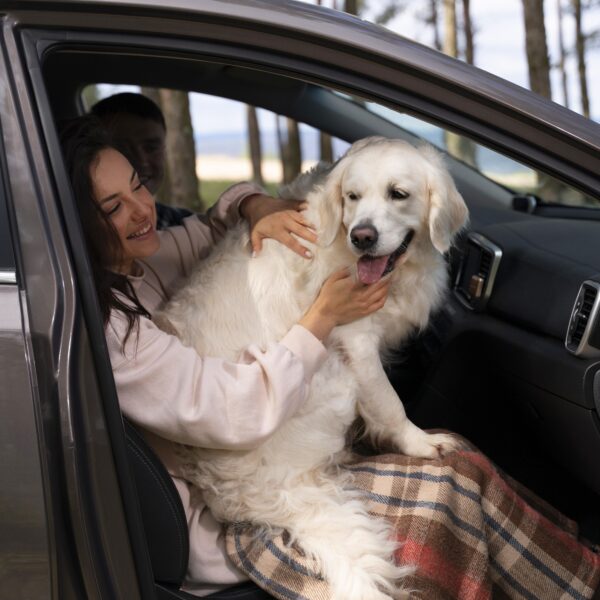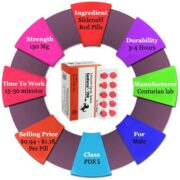
As our furry friends age, they require more specialized care to maintain their health and happiness. Senior dogs, just like humans, experience changes in their bodies and behaviors, and it’s essential for pet owners to understand and address these changes to ensure their beloved companions age with grace. From proper nutrition and exercise to regular veterinary check-ups and mental stimulation, there are various ways to support the well-being of these dogs and enhance their quality of life.
Understanding the Aging Process
Similar to humans, dogs experience physical and cognitive changes as they age. While the rate at which these changes occur varies depending on factors such as breed, size, and overall health, most dogs are considered seniors around the age of 7 or 8. As they enter their golden years, they may experience decreased mobility, changes in appetite, dental issues, vision and hearing loss, and cognitive decline. Recognizing these signs of aging is crucial for providing appropriate care and interventions to maintain their comfort and vitality.
Nutritional Needs of Senior Dogs
Proper nutrition is essential for senior dogs to support their overall health and vitality. As dogs age, their metabolism slows down, making them more prone to weight gain and obesity if their diet is not adjusted accordingly. Senior dog foods are formulated with lower calories and higher levels of essential nutrients such as protein, vitamins, and minerals to meet the changing nutritional needs of older dogs. Additionally, supplements like glucosamine and omega-3 fatty acids can help support joint health and reduce inflammation in aging dogs.
Exercise and Physical Activity
While senior dogs may not have the same energy levels as their younger counterparts, regular exercise is still crucial for maintaining their physical and mental well-being. Gentle activities such as short walks, swimming, and low-impact exercises can help keep senior dogs’ muscles strong, joints flexible, and weight in check. However, it’s essential to tailor the intensity and duration of exercise to your dog’s individual needs and abilities, taking into account any mobility issues or medical conditions they may have.
Veterinary Care and Regular Check-Ups
Regular veterinary check-ups become even more critical as dogs age to detect and address any health issues early on. Senior dogs should undergo biannual wellness exams to monitor their overall health, including dental health, heart function, joint mobility, and cognitive function. Your veterinarian may also recommend additional screenings, such as blood work and urinalysis, to assess your dog’s organ function and detect any underlying medical conditions. Early detection and treatment can help prolong your senior dog’s life and improve their quality of life.
Dental Health and Oral Care
Dental problems are common among senior dogs, as years of plaque and tartar buildup can lead to gum disease, tooth decay, and bad breath. Maintaining good dental hygiene is essential for your dog’s overall health and can help prevent serious dental issues that could affect their quality of life. Regular brushing, dental chews, and dental cleanings performed by your veterinarian can help keep your senior dog’s teeth and gums healthy and reduce the risk of dental disease.
Cognitive Health and Mental Stimulation
As dogs age, they may experience cognitive decline, leading to changes in behavior, memory loss, and confusion. Providing mental stimulation and enrichment activities is crucial for keeping your senior dog’s mind sharp and engaged. Interactive toys, puzzle feeders, and obedience training can help stimulate your dog’s cognitive function and prevent boredom and anxiety. Additionally, maintaining a consistent routine and providing plenty of love and attention can help reassure and comfort your senior dog as they navigate the challenges of aging.
Special Considerations for Senior Dogs
In addition to addressing the physical and cognitive changes that come with aging, senior dogs may require special accommodations to ensure their comfort and safety. Providing soft bedding and ramps or stairs to help them navigate stairs and furniture can ease joint pain and reduce the risk of falls. These dogs may also benefit from more frequent bathroom breaks and shorter, more frequent meals to accommodate their changing digestive systems. Paying attention to your dog’s individual needs and making adjustments accordingly can help them age with grace and dignity.
Skipper’s Pet Products: A Commitment to Quality and Sustainability
Founded in 2013 by Steve Moore, a former fish merchant, Skipper’s Pet Products is dedicated to producing premium dog treats using ethically sourced materials from sustainable fisheries. Based in Grimsby, UK, Skipper’s Pet Products prioritizes minimizing waste by utilizing fish co-products like Fish Skin in their treats. By employing recycled energy for low-temperature drying, they ensure maximum nutritional value while minimizing their environmental impact. Skipper’s Pet Products’ commitment to quality and sustainability makes them a trusted choice for pet owners who want to provide their senior dogs with nutritious and delicious treats that support their health and well-being.
Conclusion
Caring for a senior dog requires patience, compassion, and a commitment to meeting their evolving needs. By understanding the aging process, providing proper nutrition and exercise, prioritizing veterinary care, and addressing dental health and cognitive function, pet owners can help their senior dogs age with grace and dignity. With the support of companies like Skipper’s Pet Products, who are dedicated to providing high-quality, sustainable pet products, pet owners can feel confident in their ability to provide their these dogs with the care and attention they deserve in their golden years.











